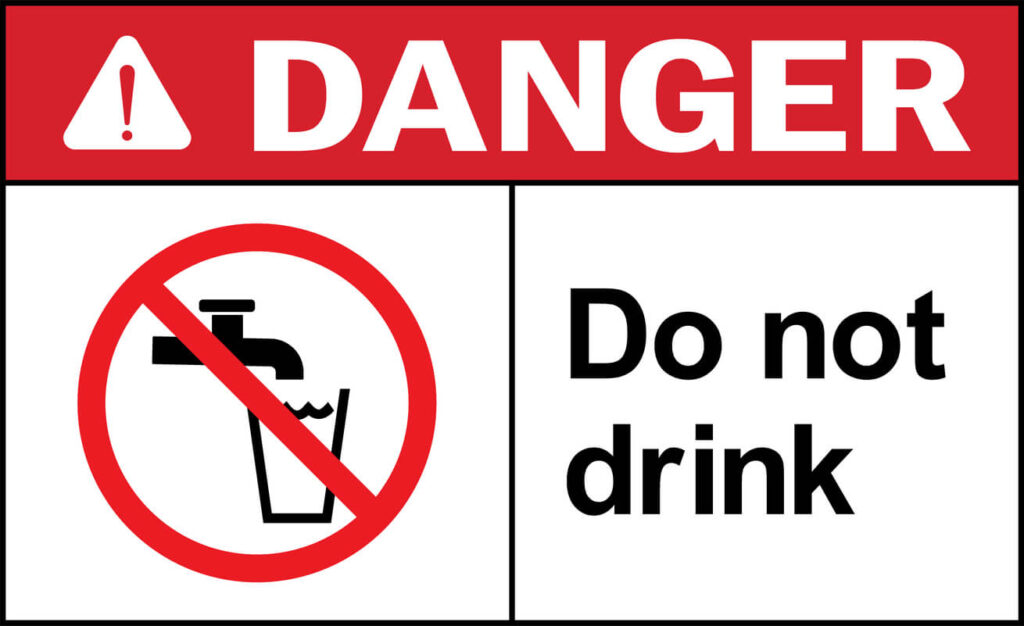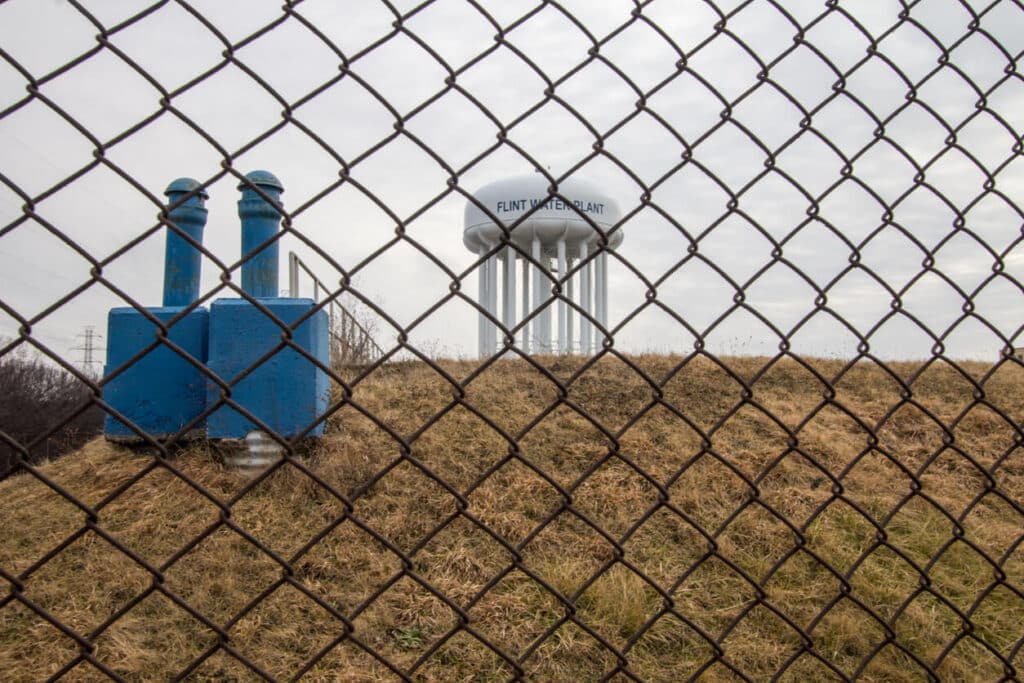We are no longer accepting new cases.
Weitz & Luxenberg, in partnership with Super Law Group and Gray Plant Mooty, recently filed lawsuits on behalf of the Minnesota cities of Bloomington, Burnsville, Eden Prairie, Golden Valley, Maple Grove, Minnetonka and White Bear Lake against seven refiners of coal tar for allegedly contaminating numerous stormwater ponds with chemicals called polycyclic aromatic hydrocarbons (PAHs). The lawsuits allege that the coal tar refined by Koppers Inc., Ruetgers Canada Inc., Rain Carbon Holdings LLC, Rain Carbon, Inc., Stella-Jones Corp., Coopers Creek Chemical Corporation, and Lone Star Specialty Products, LLC, is responsible for widespread pollution and costly environmental problems incurred and to be incurred by the cities.
“We applaud the cities for holding these companies accountable for the environmental damage they have caused,” said Robin Greenwald, head of Weitz & Luxenberg’s Environmental and Consumer Protection Unit. “The defendants knew that their products contained toxic chemicals that would inevitably end up in the environment, but they still marketed their coal tar sealants as safe. Without these lawsuits, the Minnesota taxpayers would likely be left with the costs of cleaning up their mess.”
PAH Chemicals Banned in Minnesota Require Hundreds of Millions in Cleanup Costs
The PAHs are found in coal tar sealants, used throughout the region until the state of Minnesota banned their sale because of their danger to the environment and to people. The total cost to clean up the PAHs from these refined coal tars statewide is estimated to be, at minimum, in the hundreds of millions of dollars.
The refined coal tar products at issue in the lawsuits are made from raw or crude coal tar – a byproduct of coal coking – and contain between 15% and 30% PAHs by weight. The manufacturers market and sell their tars for use in sealants or coatings put down by paving companies and homeowners to beautify roads and driveways. According to the U.S. Geological Survey, the pavement sealing product that ends up on a driveway typically contains 35,000 to 200,000 mg/kg (parts per million, or ppm) PAHs, about 100 times more PAHs than in used motor oil.
The pavement sealants wear out after exposure to the elements, tires, and snowplows, releasing small particles containing PAHs and other chemicals from the refined coal tar into the environment. These particles spread widely, including into urban lakes and ponds where they are harmful to the environment and impose expensive cleanup costs on local government.
Manufacturers Knowingly Marketed and Sold Toxic Coal Tar Products
The suits allege the defendants knew about the toxicity of refined coal tar products and that these refined tars were not safe for use in pavement coatings, but marketed and sold them for these purposes anyway. Because of PAH pollution from refined coal tar products, large amounts of material removed from the cities’ stormwater retention ponds and other stormwater infrastructure is categorized as contaminated waste that requires special handling, drastically increasing cities’ disposal costs. As a result, the cities are seeking to recover the costs associated with increased monitoring and testing of stormwater sediments and increased disposal costs for PAH-contaminated dredged waste.


